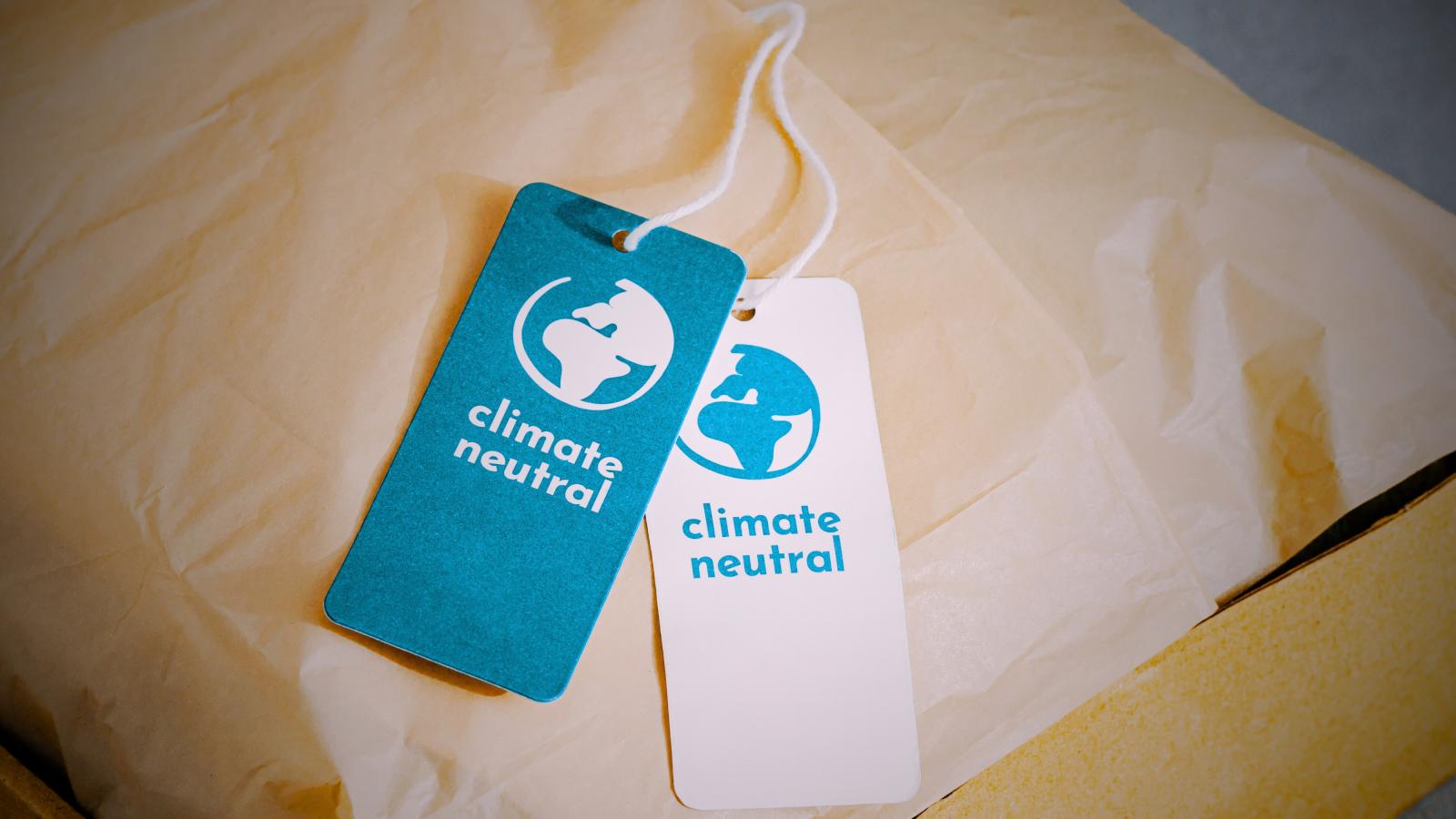
The ECGI blog is kindly supported by

Green Gatekeepers
“Green Gatekeepers” by Luca Enriques, Alessandro Romano, and Andrew Tuch - the prizewinning paper in the senior scholars category at the 2024 Berkeley-ECGI Corporate Governance Forum Prize.
In an era of pervasive green claims, where products are labeled “recycled” or “carbon neutral” and investments branded as “ESG,” the accuracy of such assertions often remains opaque to consumers and investors. “Green Gatekeepers” examines the vital role of third-party certifiers in addressing this information asymmetry. These intermediaries set and verify green standards, seeking to ensure that environmental claims reflect reality, not misleading marketing.
A great deal is at stake in the work of green gatekeepers. From firms’ perspectives, there is money to be made from environmental claims: firms have powerful incentives to trumpet the green credentials of their products and operations. But if firms market inaccurate credentials, consumers and investors—unable to verify them—may be misled. Environmental qualities, as credence attributes, are difficult to observe, even ex post. Worse, without accurate green certifications, the promise of demand-side climate change mitigation strategies—such as altering lifestyles and consumption patterns—may be squandered. Green gatekeepers may thus have an outsized role in driving the climate transition.
In “Green Gatekeepers,” we address twin questions. First, do green gatekeepers have the right incentives to issue accurate certifications? Second, if not, how should policymakers respond?
We ground our analysis in a close study of five categories of prominent green gatekeepers and a hand-coded database of over 450 gatekeepers across 25 industries—the largest of its kind. Our in-depth investigation focuses on carbon offsets, gas sourcing, appliance efficiency, net-zero certifications, and other areas where gatekeepers like Verra, Gold Standard, Project Canary, MIQ, and SBTi provide third-party certifications.
As to green gatekeepers’ incentives, we contrast green gatekeepers with traditional gatekeepers in financial markets, arguing that green gatekeepers likely face weaker reputational constraints than their traditional counterparts, including underwriters and auditors. First, green certifications may ‘work’ even when inaccurate; their certifications provide users with ‘wiggle room’ to feel that they are behaving morally, even when they are acting selfishly, and might also generate a sense of warm glow. In other words, users may derive utility from green certifications, so to speak, no-questions-asked.
The second reason for green gatekeepers’ relatively weak incentives is that green-conscious consumers often face limited private costs from (unknowingly) relying on false certifications, diminishing incentives to second-guess certifications. For instance, one’s flight is no less comfortable because the purchased carbon offsets fall well short of offsetting the flight’s emissions. Third, green gatekeepers often deal with information characterized by a higher degree of complexity and uncertainty than that processed by traditional information intermediaries. Consider, for example, the allocation of GHG emissions across value chains in assessing net-zero targets or the determination of counterfactuals in verifying carbon offsets.
We appreciate that NGOs, scientists, and media might fill the gap. However, they, too, we argue, face evidential difficulties as well as “voice” and resource constraints in the green setting, compromising their value in enforcing reputational discipline on green gatekeepers.
If green gatekeepers face weaker reputational constraints, might they make important organizational choices to signal their intention to issue accurate certifications? Our evidence suggests that few do. While many green gatekeepers adopt a non-profit form, most do not even disclose the standards they follow or the content of their audits.
Our analysis situates green gatekeepers within a larger regulatory framework that includes the firms whose claims they certify. As ‘collateral’ regulation, gatekeeper regulation is premised on the insufficiency of direct regulation—namely, of both firms and their managers—in deterring inaccurate claims. Accordingly, we assess the force of regulation by the Federal Trade Commission (FTC) and its Green Guides, state equivalents, and common law in curbing false green claims to consumers. Similarly, we examine the likely deterrent effect of federal securities law on false green claims to investors.
Whether aimed at consumers or investors, greenwashing appears inadequately deterred. To be sure, this conclusion is less robust for claims affecting both groups, as when a consumer suit reveals harm to investors, who bring their own suit for securities fraud, piggybacking on the consumer suit. But, where claims affect only one group or the other, firm liability may well be inadequate.
To address under-deterrence, policymakers might increase the severity and/or likelihood of sanctions on firms for greenwashing. However, barring a major shift by the FTC or reform to federal securities law, this seems unlikely. Moreover, as the severity and likelihood of sanctions increase, firms face an increased risk of asset insufficiency, which dulls the deterrent force of sanctions; managerial agency costs have a similar effect. In short, direct regulation seems insufficient to deter false green claims, a premise we accept as we consider our second question: how best to regulate green gatekeepers.
We propose a framework for the regulation of green gatekeepers. Other things equal, the appropriate policy mix should be a function of (1) the significance of private costs for users relying on inaccurate certifications and (2) the verifiability of green certifications by policymakers and courts, which is mainly a function of the complexity of the methodologies underlying green certifications. Applying these factors, we suggest a specific policy mix for different types of green gatekeepers. We consider the suitability of ex-ante regulation, ex-post liability, regulatory licenses, and other interventions such as mandated disclosures.
“Green Gatekeepers” engages in several scholarly debates. It extends the literature on gatekeeper control strategies, which has yet to explore their application in the environmental context. The article also contributes to scholarship in environmental law by recognizing the gatekeeping role of third-party certifiers, drawing comparisons with traditional gatekeepers, and applying economic analysis. Additionally, it bridges the divide reflected in scholarship between consumer and investor protection, emphasizing the role of green gatekeepers in promoting both.
Of course, the breadth of our analysis lends itself to general conclusions. There may be circumstances, for instance, where the strength of reputational constraints or firm regulation adequately ensures effective green gatekeeping. Whether this holds in specific settings, however, is an empirical question requiring case-by-case assessment. “Green Gatekeepers” therefore suggests an agenda for future research, which we hope will advance the role of green gatekeepers in ensuring the accuracy of green claims, thereby protecting consumers and investors, supporting demand-side mitigation strategies, and even helping blunt the impact of climate change.
_______________
By Luca Enriques (University of Oxford), Alessandro Romano (Bocconi University), and Andrew Tuch (Washington University in St Louis School of Law)
The ECGI does not, consistent with its constitutional purpose, have a view or opinion. If you wish to respond to this article, you can submit a blog article or 'letter to the editor' by clicking here.





